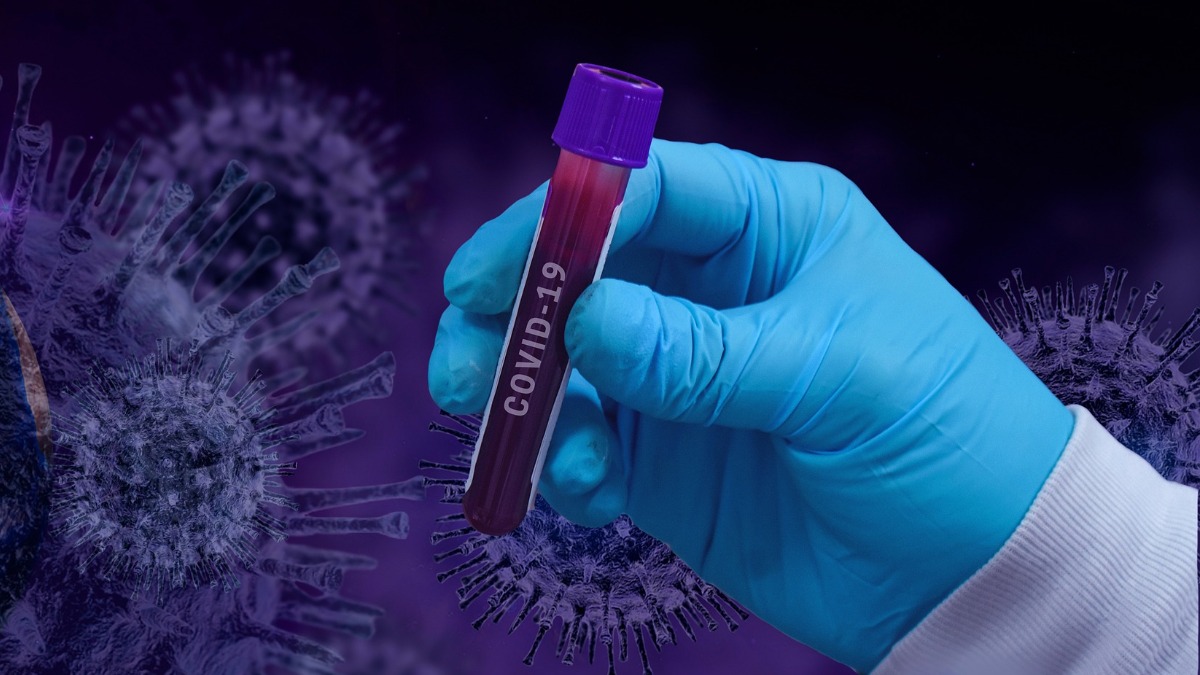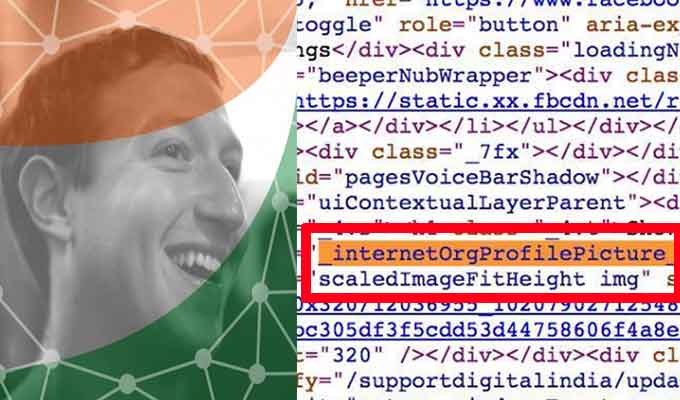Russia’s “Sputnik-V” COVID-19 Vaccine Shows Antibody Response In All Participants: The Lancet

Russia has been in the news for approving a COVID-19 vaccine whose long-term effectiveness has been questioned by various experts. As per the latest development, the vaccine produced an antibody response in 100% of the participants during early-stage trials, according to The Lancet medical journal. Moscow is hailing this feat as an answer to all the questions put against its vaccine.
The vaccine, Sputnik-V, is named after Russia’s first satellite, and it was developed by Moscow’s Gamaleya Institute. It went under two early-stage trials in June-July, each involving 38 participants; the vaccine is inoculated in two doses.
“The two 42-day trials – including 38 healthy adults each – did not find any serious adverse effects among participants, and confirmed that the vaccine candidates elicit an antibody response,” reads the comment co-authored by Dr. Naor Bar-Zeev and Dr. Tom Inglesby.
The mild adverse effects observed include a variety such as pain on the injection site, headache, hyperthermia, muslce and joint pain, etc.
“Large, long-term trials including a placebo comparison, and further monitoring are needed to establish the long-term safety and effectiveness of the vaccine for preventing COVID-19 infection,” it said. For reference, The Lancet is a peer-reviewed general medical journal that was founded in 1823.
However, Bar-Zeev also said that the studies are “encouraging but small” and “clinical efficacy for any COVID-19 vaccine has not yet been shown.”
To this end, Russia also started a large-scale human trial of its COVID-19 vaccine that would involve over 40,000 people. So far, Russia has managed to get over 3,000 participants onboard. The results of the mass trials are expected to arrive by November and December this year.
Following this, Russia would start the mass production of the Sputnik-V COVID-19 vaccine with a capacity of manufacturing 1.5 to 2 million doses per month which would increase to 6 million in the future.
Once the mass inculation starts, it will take around 9 to 12 months to vaccinate the majority of Russian population, according to Gamaleya Institute director Alexander Gintsburg.
via Reuters






